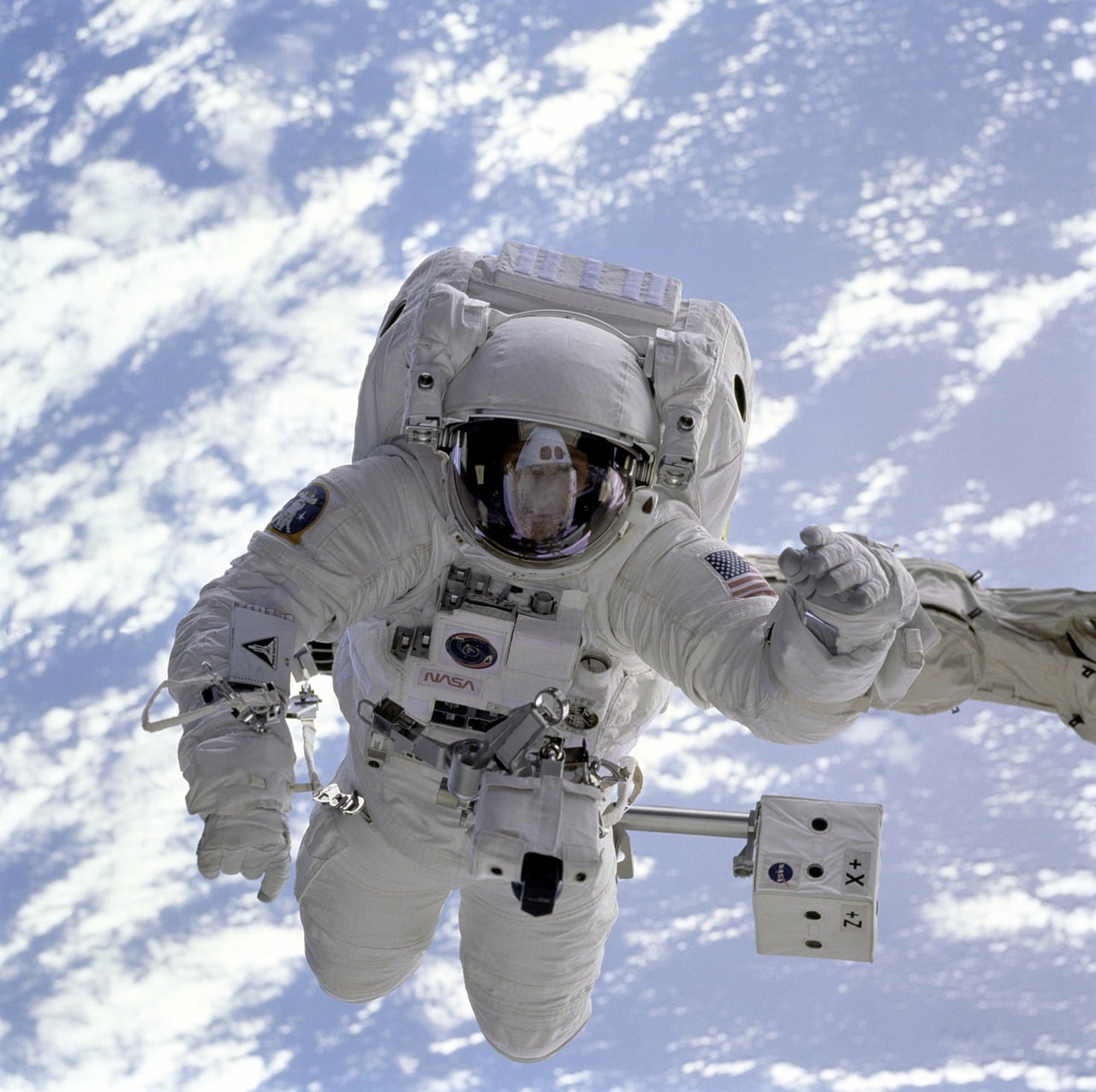Space travel is more than challenging, and as such it comes with some health concerns for the astronauts. For instance, astronauts which leave Earth’s low orbit are exposed to higher levels of the sun’s radiation than us on Earth, who are protected by Earth’s atmosphere and magnetosphere. However, it hasn’t yet been confirmed if space travel shortens astronauts’ lives, but a new study answers some questions.
NASA has reported that there are several health problems astronauts face upon returning to Earth, like partial blindness.
“Many astronauts experience poorer vision after flight, some even for years after. A number of studies have looked for causes and distinct physical changes in the eye itself have been found. MRI scans suggest that pressure changes in the brain and spinal fluid caused by weightlessness may be partly to blame,” NASA officials wrote in its report.
But, does space travel shorten astronauts’ lives?
“The challenge has always been to understand if astronauts are as healthy as they would be had they been otherwise comparably employed but had never gone to space at all,” Mortality Researcher Robert Reynolds told Reuters on Wednesday. “To do this, we needed to find a group that is comparable on several important factors, but has never been to space.”
Even though the study found a group which in comparison yielded good results, it’s still unknown what outcomes may be for the astronauts who may travel to space in the future, meaning Lunar and Mars missions.
Astronauts, because of their job, have better access to healthcare compared to the average American, which means that studying their mortality is difficult, according to the report. That means it’s harder to draw conclusions because they lead healthier lifestyles and can’t be compared to the average American. However, the report states the researchers compared them to National Basketball Association (NBA) and Major League Baseball (MLB) players, who are also fit and lead healthy lifestyles, and also like astronauts, have easier access to quality healthcare.
The study published in the Occupational & Environmental Medicine, describes the comparison between astronauts and athletes. They compared men who played for either the NBA or MLB between 1960 and 2018, to male U.S. astronauts. Their study showed that both athletes and astronauts were less prone to premature death compared to the average U.S. population. However, the study notes there was a lower rate in death due to heart disease in astronauts as opposed to the athletes, while cancer is at the same rate approximately.
“We cannot be sure from the data we have, but we speculate that cardiovascular fitness in particular is the most important factor in astronaut longevity,” Reynolds told Reuters.
The study answers the question of whether space travel shortens astronauts’ lives and helps understand how risky space travel is for astronauts. Nevertheless, scientists have a lot to learn. Additionally, astronauts have been sent to space for 57 years and fewer than 600 astronauts were sent according to the Guardian, which is not enough data to conduct an extensive study which would lead to reliable results.
However, as more space missions emerge, as well as NASA’s plans to send people to Mars in the 2030s, such studies are necessary, as traveling to another planet means more exposure to the sun’s radiation. Moreover, just recently an Apollo 8 astronaut said in an interview how sending astronauts to the red planet would be ridiculous, saying he doesn’t know “what’s pushing us to go to Mars,” given that the missions where NASA sends rovers to the red planet are cheaper and less risky than sending astronauts.





